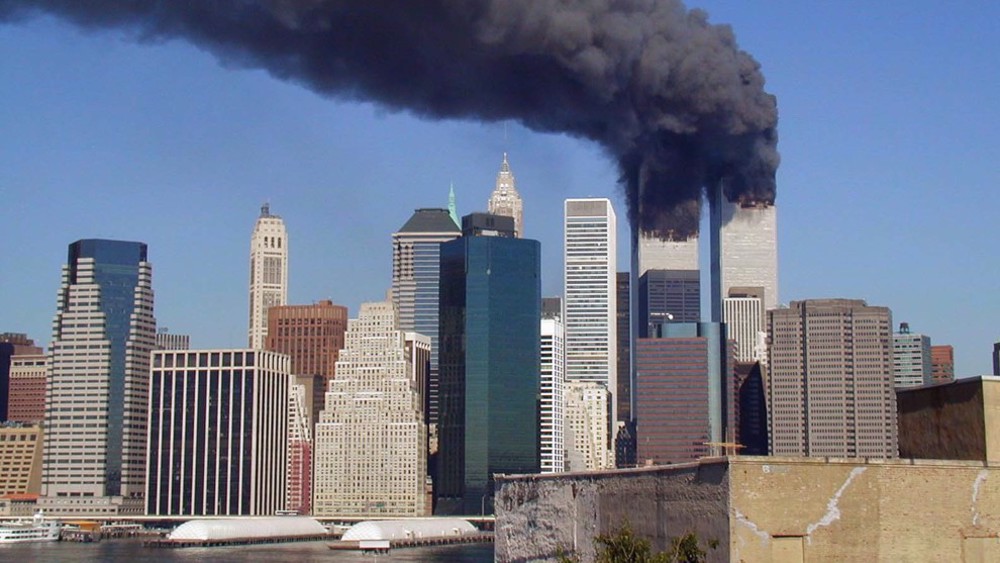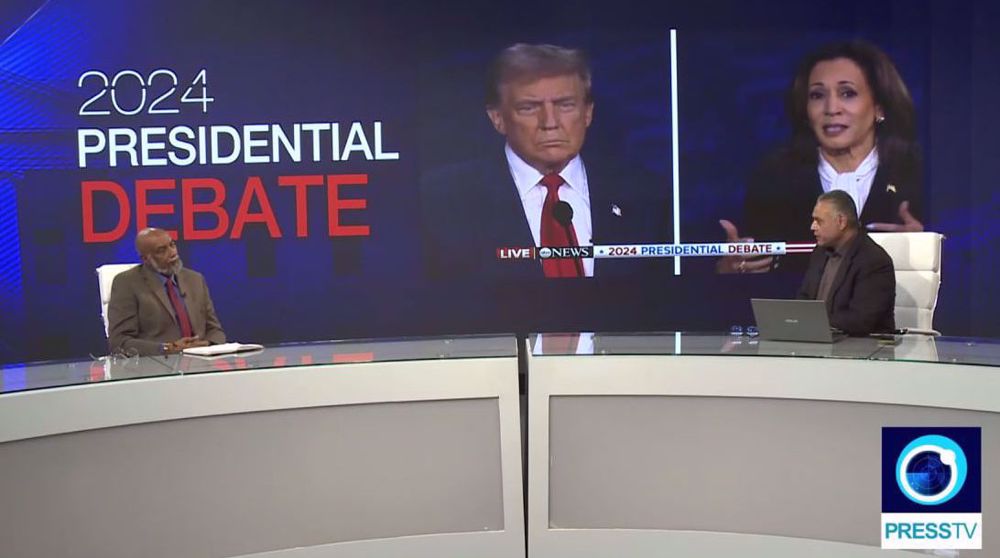UNSC resolution on Syria won’t eliminate Daesh: Commentator
Press TV has interviewed Ryan Dawson, a political commentator in Nara, Japan, about the United Nations Security Council (UNSC) unanimously adopting a resolution to endorse an international bid to end the nearly five-year-long crisis in Syria.
The following is a rough transcription of the interview.
Press TV: Given the circumstances that we are aware of and late November it was that an initial resolution was adopted at the UN and what happened yesterday, can it be said that finally and ultimately a viable and workable international consensus is really being achieved in terms of fighting Daesh?
Dawson: No, not really. It is a step forward in that now they have always been saying for four years that Assad must go, Assad must go and under these conditions the Syrian people if they really are sincere about what they said in saying that the Syrian people get to decide, they could re-elect Bashar al-Assad willingly but that really does not resolve the problem of ISIS (Daesh).
These are just talking to the parties who already have been fighting against the terrorists the entire time but they are not willing to take steps to clamp down on ISIL. If they are not willing to stop aiding them through Turkey and Saudi Arabia, then they are not really sincere about this. Saudi Arabia is continuing to butcher Yemen and the United States and Western allies, they are supplying them with weapons.
So you cannot really see them being genuine in fighting the war on terrorism. They started the war on terrorism after 9/11. It was not based on principle. It was based on a reactionary kind of political knee-jerk reaction as Bashar al-Assad said I do not see them being sincere in this at all. If ISIL is not at the table in these negotiations, then what incentive do they have to behave or go along with it? You still have to stop ISIL and they are not taking the steps that they need to, to contain them, to cut off their money, to cut off their guns and to stop this blatant support from Turkey and other [Persian] Gulf states.
Press TV: But the broadening spectrum of the international participants in this conference let alone the intentions or the hidden agendas, can it not be argued that right now Iran is a participant in these talks and this in and by itself as an example can possibly mean the broadening of the spectrum of the topics as well in which one of them is definitely accepting the legitimacy of the Bashar al-Assad government and incorporating the sovereign government of Assad in any possible solution to the crisis there? Isn’t it so?
Dawson: That is true and that is certainly so. It is Iran and Russia as well. Russia has its own interest in fighting Chechen terrorists that have joined up with ISIL and so there are incentives for these nations to do that and that certainly is true. However, until the question of ISIS is addressed, that is the real elephant in the room. These Western nations, their own DIA report from the United States admitted that they were funding al-Qaeda. That has to stop or it is just going to be another conflict in a new place down the road.
They are not really interested in resolving this conflict. As you said there are hidden agendas … and that is going to continue. It just makes too much money for too many people [or] we really have to make this a key issue in the American presidential debate because America really leads the UN.
48-year-old Palestinian man serving 48 life terms completes 22 years in Israeli jails
From MKO to Tondar, how Germany became safe haven for anti-Iran terror groups
Hamas open to any proposal aiming to end Gaza war: Hamdan
Role of private sector in Iran’s thriving space industry
Four Palestinians killed in Israeli strikes on West Bank
Iran warns of ‘calculated, precise’ response to Israeli aggression
After year-long genocide, Israeli military hires private firms to flatten buildings in Gaza
Malaysia working on resolution to expel Israel from United Nations














 This makes it easy to access the Press TV website
This makes it easy to access the Press TV website